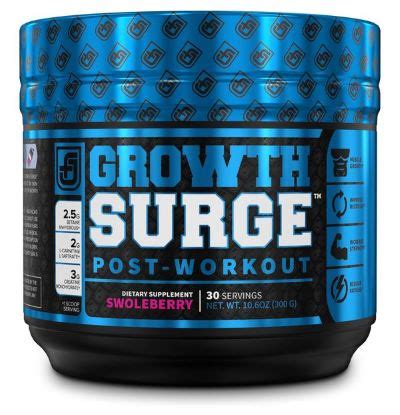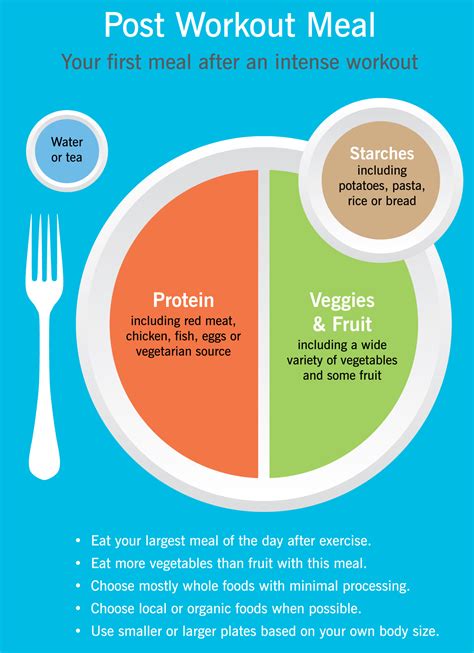Optimize post-workout nutrition for faster male recovery & growth?

The Critical Role of Post-Workout Fuel for Men
After an intense workout, your muscles are in a state of depletion and breakdown. Glycogen stores are low, muscle fibers are damaged, and the body is primed for repair and adaptation. For men aiming for faster recovery and significant muscle growth, what you consume immediately after exercise is arguably as important as the workout itself. Strategic post-workout nutrition can accelerate recovery, reduce muscle soreness, replenish energy stores, and stimulate protein synthesis—all vital components for optimizing physical gains.
Ignoring this crucial window can lead to prolonged soreness, slower progress, and even hinder your overall performance in subsequent training sessions. Understanding the science behind nutrient timing and selection is the first step towards unlocking your full potential.

The Macronutrient Matrix: Protein, Carbs, and Fats
Protein: The Building Blocks of Muscle
Protein is paramount for muscle repair and growth. Resistance training creates micro-tears in muscle fibers, and protein provides the amino acids needed to rebuild and strengthen them. For men, a general recommendation is to consume 20-40 grams of high-quality protein post-workout. Excellent sources include whey protein (fast-digesting), casein protein (slower-digesting, often used with whey), lean meats, eggs, Greek yogurt, and plant-based proteins like pea or soy.
Carbohydrates: Replenishing Energy Stores
Your body uses glycogen (stored carbohydrates) as its primary fuel source during exercise. Replenishing these stores post-workout is crucial for recovery and preparing for your next session. Consuming fast-digesting carbohydrates helps to quickly restore glycogen levels and create an insulin spike, which aids in transporting nutrients into muscle cells. Aim for 40-80 grams of carbohydrates, depending on the intensity and duration of your workout. Good sources include fruits (bananas, berries), white rice, potatoes, whole-grain bread, and sports drinks.
Healthy Fats: A Supportive Role
While fats are essential for overall health, they tend to slow down digestion and nutrient absorption. Therefore, it’s generally recommended to keep fat intake relatively low immediately post-workout to prioritize the rapid delivery of protein and carbohydrates to muscles. However, incorporating healthy fats into your broader daily diet remains vital for hormone production and overall well-being.

The “Anabolic Window”: Timing is Key
The concept of an “anabolic window” refers to the period immediately following exercise when your muscles are most receptive to nutrient uptake for repair and growth. While research suggests this window might be longer than previously thought (up to a few hours), consuming a balanced protein and carbohydrate meal within 30-60 minutes post-workout is still highly recommended for optimal results. This rapid delivery of nutrients kick-starts the recovery process, minimizes muscle breakdown, and maximizes protein synthesis.
Prioritizing this intake ensures you capitalize on your body’s heightened state of readiness for anabolism (muscle building) and avoids missing an important opportunity for accelerated progress.

Hydration and Micronutrients: Often Overlooked but Crucial
Beyond macronutrients, proper hydration is fundamental for recovery. You lose significant fluids through sweat during exercise, and even mild dehydration can impair performance and recovery. Drink water throughout your workout and aim to replenish lost fluids post-workout. Electrolyte-rich drinks can be beneficial after particularly intense or long sessions.
Micronutrients (vitamins and minerals) also play supporting roles in numerous bodily functions critical for recovery, energy production, and overall health. While specific supplementation might be considered, a balanced diet rich in fruits, vegetables, and whole foods typically provides adequate micronutrients.
Practical Application: What to Eat & When
Here are some effective post-workout meal and snack ideas:
- Whey Protein Shake with a Banana: Fast-digesting protein and carbs for immediate replenishment.
- Chicken Breast with Sweet Potato: A classic for sustained protein and complex carbohydrates.
- Greek Yogurt with Berries and a Drizzle of Honey: Protein, simple carbs, antioxidants, and calcium.
- Tuna Sandwich on Whole Wheat Bread: Lean protein and complex carbs.
- Eggs on Toast with Avocado (smaller portion of avocado): Excellent protein source with a touch of healthy fats and carbs.
Consider adding supplements like creatine (for strength and power) or BCAAs (though protein shakes usually provide sufficient branched-chain amino acids) if they align with your specific goals and are recommended by a professional.

Tailoring Your Approach: Individual Needs
While general guidelines exist, individual needs can vary significantly. Factors such as workout intensity, duration, training goals (e.g., hypertrophy vs. endurance), body weight, and metabolism all influence optimal post-workout nutrition. Experiment and listen to your body. Monitor your recovery, energy levels, and progress to fine-tune your intake. Consulting with a sports nutritionist or dietitian can provide personalized recommendations based on your unique profile.
Conclusion: Fuel Your Gains, Recover Faster
Optimizing post-workout nutrition is a cornerstone for men seeking to maximize muscle recovery, stimulate growth, and improve overall athletic performance. By strategically consuming the right balance of protein and carbohydrates within the critical post-exercise window, alongside adequate hydration, you provide your body with the essential tools to rebuild, replenish, and adapt. Make post-workout fueling a non-negotiable part of your training regimen, and watch your gains accelerate.









